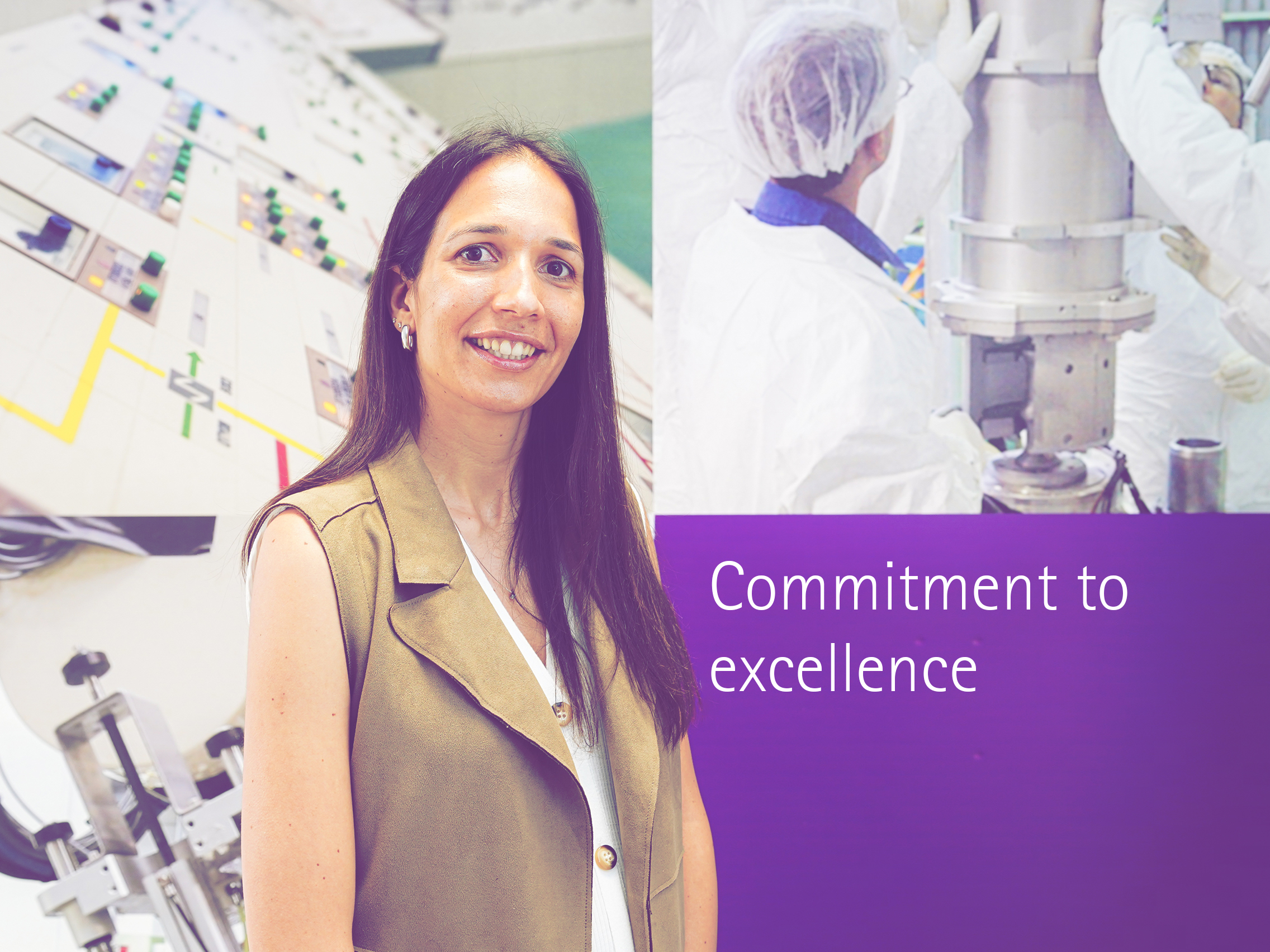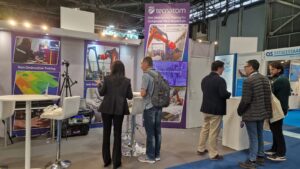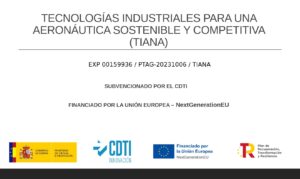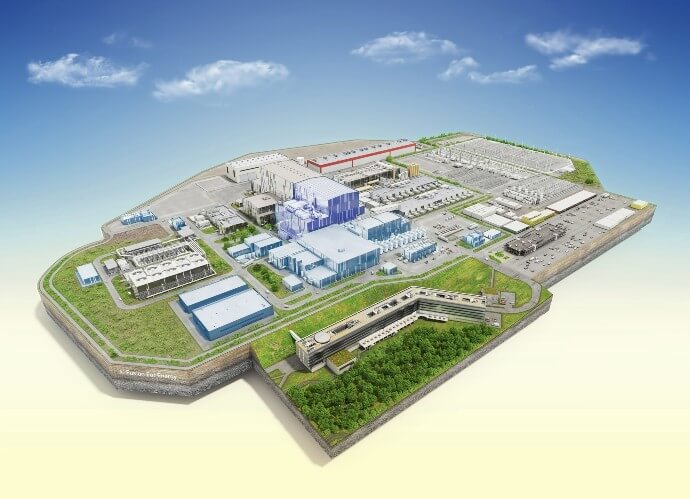An enormous challenge, a complex project, an international multidisciplinary team, French as the only language and numerous interventions at different French plants… Susana López is in charge of the upgrade of simulators for the EDF 1300 fleet of nuclear reactors. In this conversation she shares with us her experiences and certain of the keys to the project success.
Susana, how did the 1300 nuclear fleet simulator upgrade project come about?
Tecnatom has more than 60 years of experience performing a number of simulator maintenance and development tasks for the Spanish nuclear fleet, as well as many international projects, so when we learned of the scope of this project, our job consisted of demonstrating the solvency of our technical capabilities. It was a very lengthy process and involved the participation of several different areas of the company. In this respect, I would especially like to underline the support received from the business development people.
What is it like working with EDF?
If I had to give a brief answer, I would definitely say that after more than three and a half years working with them, it has been excellent. In the nuclear industry we are used to working with demanding clients and particularly rigorous quality and safety standards, and in this respect EDF has not been any different. As EDF was a new client, we were faced initially with the problem of having to get used to their work philosophy, but once we had overcome this phase, we managed to achieve an optimum working environment with seamless communications and an atmosphere of collaboration and trust among all those involved.
What has it been like having to manage a multidisciplinary team like the one involved in this project, with very varied profiles, often located at different sites, and having to perform so many interventions on site?
Management of the interventions has been one of the areas where most effort has been made, both as regards management itself and technical issues. The availability of simulators for updating work is very limited and we had to ensure both the timeframes and work rates and, especially, minimise uncertainties in order to guarantee completion of each of the tasks on time and on quality. Furthermore, this uncertainty was increased by the pandemic experienced throughout 2020, with the planning and management of travel becoming particularly complex. In certain cases, the planning of the interventions also implied several of them overlapping, as a result of which on-site coordination, work and team effort have been key to the interventions being completed in time.
What have been for you the keys to the success of all the project activities?
There are several points that I could underline:
- The first would undoubtedly be the motivation with which the entire team undertook a project of this scope from the very first day.
- The second was the trust that the client started to place in Tecnatom, a “first-timer” (the literal translation of the term used to refer to those intervening for the first time at EDF plants), as we demonstrated the technical quality of our work.
- And a third key point was the collaborative environment created in the project. The professionalism shown by everybody involved became transformed into an environment of collaboration where the problems and risks associated with each intervention were shared, in all cases evaluating and identifying optimum solutions for performance of the project.
Could you pick out any particular moment experienced during the project?
After a year and a half of living surrounded by mountains of paperwork, with very long working days and the pressure of the first tasks on site, I will never forget the satisfaction that the first simulator start-up gave us. When all those lights came on, it was a moment of success that was celebrated by all those who had participated, and there were more than 30 of us!
Outside work we have been able to visit some very beautiful places in France and enjoy French cooking.
And finally, how would you value this project personally? Would you repeat the experience?
I most certainly would. It has been a challenging project and we are really giving it all that we’ve got, but as is usually the case with this type of projects, when you look back you realise how much you have learned, and we have all also enjoyed being part of a job well done. I can say personally that this has been one of the projects that has most left a mark on me, and there is still work to do. We still have two more interventions in 2023, so we will continue working in order to bring the project to a successful close.






